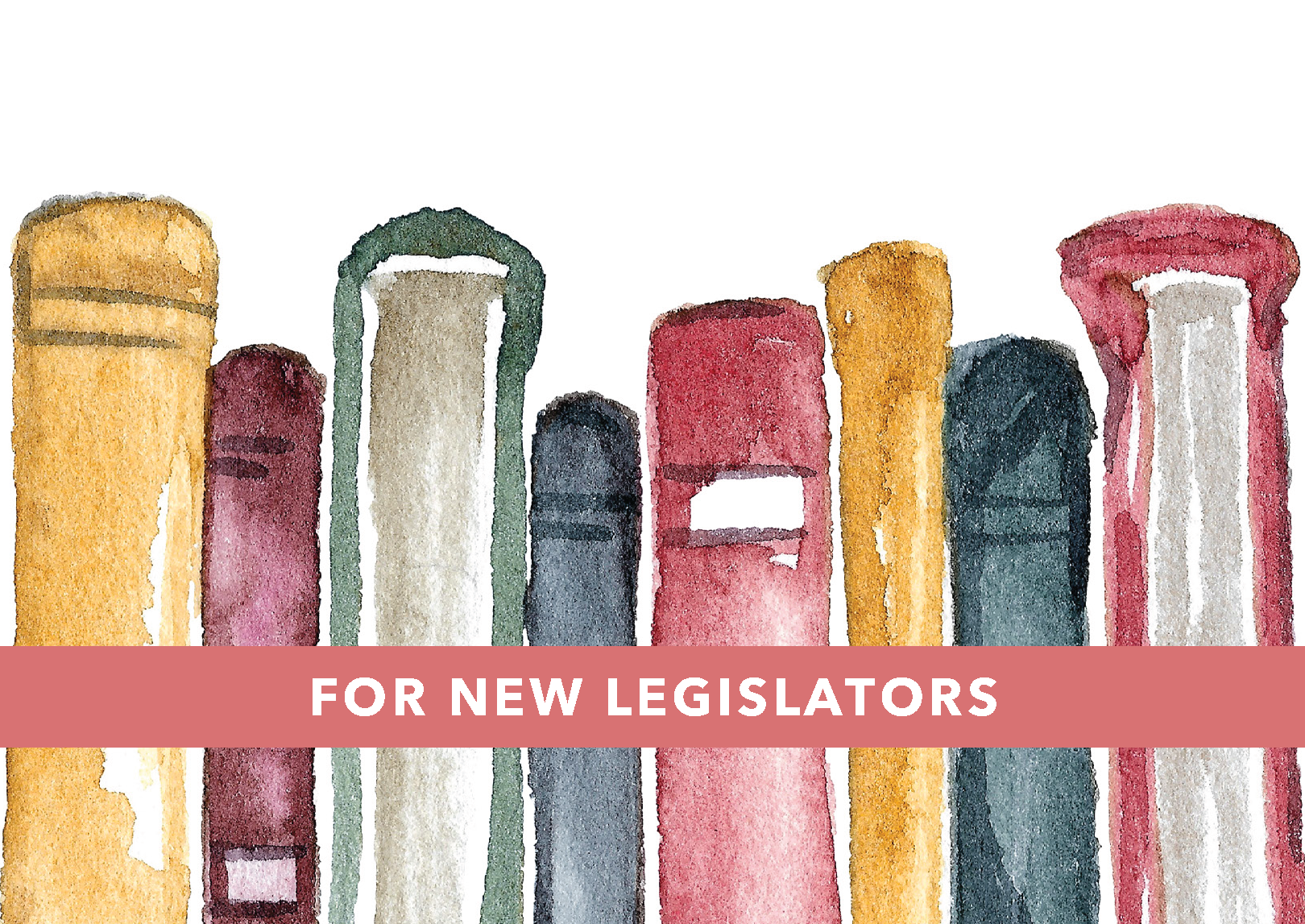CSG welcomes its 2024 national leadership team, including Connecticut Assistant Deputy Speaker Pro Tempore Kevin Ryan, who will serve as CSG National Chair. He and his fellow national officers spoke on the importance of leading CSG with bipartisan-ship and communication in mind — an effort that advances the organization’s mission to foster collaboration and the exchange of ideas amongst state leaders.
Continue reading2024 CSG Leadership: Nevada Gov. Joe Lombardo, National President
CSG welcomes its 2024 national leadership team, including Nevada Gov. Joe Lombardo, who will serve as CSG National President. He and his fellow national officers spoke on the importance of leading CSG with bipartisanship and communication in mind — an effort that advances the organization’s mission to foster collaboration and the exchange of ideas amongst state leaders.
Continue reading2024 CSG Leadership: Illinois Sen. Elgie Sims, National Chair-Elect
CSG welcomes its 2024 national leadership team, including Illinois Sen. Elgie Sims, who will serve as CSG National Chair-Elect. He and his fellow national officers spoke on the importance of leading CSG with bipartisanship and communication in mind — an effort that advances the organization’s mission to foster collaboration and the exchange of ideas amongst state leaders.
Continue reading2024 CSG Leadership: California Assemblymember Mike Gipson, National Vice Chair
CSG welcomes its 2024 national leadership team, including California Assemblymember Mike Gipson, who will serve as CSG National Vice Chair. He and his fellow national officers spoke on the importance of leading CSG with bipartisanship and communication in mind — an effort that advances the organization’s mission to foster collaboration and the exchange of ideas amongst state leaders.
Continue reading2024 CSG Leadership: Regional Leaders
CSG welcomes its 2024 regional leadership team, comprised of state leaders from Maryland, Ohio, Oregon and West Virginia.
Continue readingWhat Does AI Policy Look Like?
State leaders are grappling with a new and exciting tool: artificial intelligence. As policymakers race to regulate the emerging industry, they can look to their fellow legislators and industry experts for guidance. Since 2019, 17 states have enacted 29 bills focused on regulating the design, development and use of AI. These bills primarily address two regulatory concerns: data privacy and accountability.
Continue readingHot Topics in 2024
Each year brings new challenges and innovative solutions for policymakers across the country. CSG experts identified five policy areas set to make a big impact in the coming year, including workforce development and infrastructure revitalization. Learn how CSG can help research and connect leaders with state-focused solutions.
Continue readingIs Daylight Saving Time Worth Saving?
Momentum to eliminate seasonal time changes seemingly faded after receiving House approval in 2022, leaving many Americans wondering if a nationally enacted standard time will ever come. Data suggests more than 60% of the country is in favor of such a move. A growing number of bills addressing the matter have appeared in legislatures across the country in recent years. In 2023 alone, 29 states considered legislation related to daylight saving time.
Continue readingLessons of the Legislature: Constituent Relations
Each year, newly elected state policymakers take on the monumental tasks involved with careers in public service. This year, CSG introduces a four-part series, “Lessons of the Legislature,”
designed to assist new, up-and-coming leaders in their roles. The first part of this four-part series features discussion on constituent relations.
Meeting the Mental Health Needs of the Public Sector Workforce
Public sector workers — including civil service, public health, law enforcement and more — are essential to effective state government, as they provide important services for all residents. However, the weight of this critical work can take a heavy toll on their mental health. To address their needs, policymakers and community partners can increase access to vital supports that help state and local workforces address the unprecedented mental health crisis among government employees.
Continue reading






